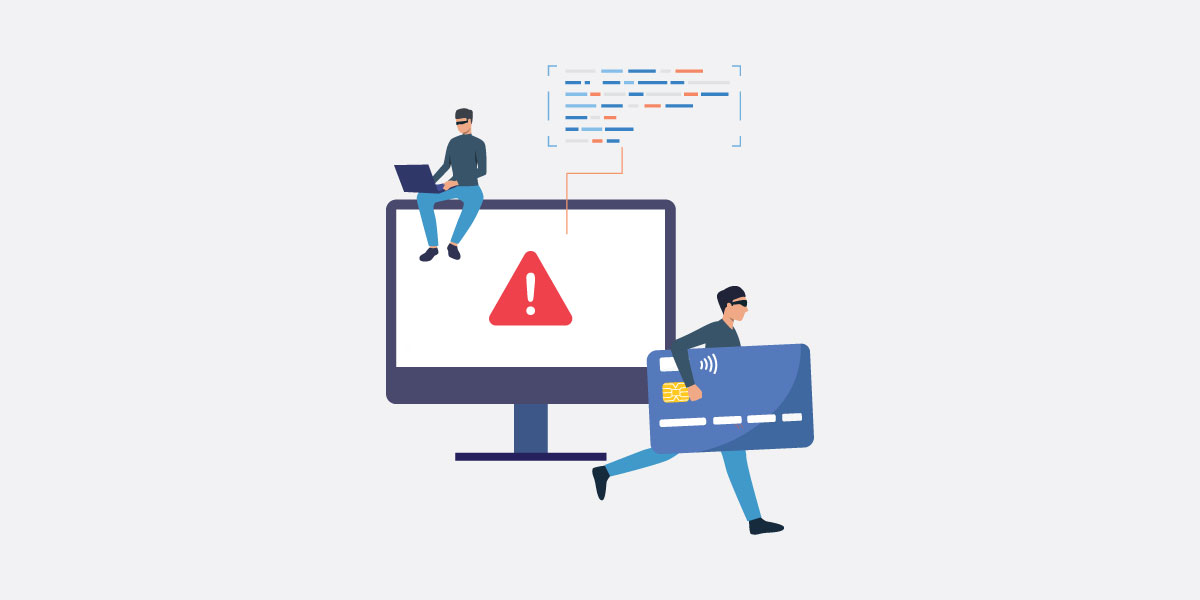Card testing fraud (a.k.a. carding attempt) is a very serious and widespread problem for online stores. Fraudsters buy large quantities of stolen credit card info. Then, they make purchase attempts for low-priced items on various online stores using those cards. Their goal is to check if the card is active and if the purchase fails the merchant’s fraud detection measures.
Consequences of card testing fraud
Merchants should be aware of the consequences of card testing fraud. One significant impact of carding attempts is high transaction fee. This is because the fee is charged on all approved and declined transactions.
If the fraudster managed to use a stolen card to make a successful purchase, their payment history will look like a normal customer’s. As a result, fraud detection tools may not screen future purchases from that fraudster thereby allowing them to cause untold financial losses. When the real users of those credit cards find out, an avalanche of chargebacks will occur.
Besides that, the payment gateway will flag the merchant as high risk when there are too many chargebacks. The payment gateway may also decline payments from legitimate buyers. In addition, the merchant runs the risk of being blacklisted from accepting payments via that gateway.
Merchants must closely monitor the transaction levels by customers
Online merchants must constantly monitor transactions by customers. Unveil fraudulent purchases easily by scrutinizing purchase trends closely. Multiple orders within a short time frame are suspicious. This is particularly true if the same customer uses multiple credit cards to make such purchases. Merchants must be alert and flag such orders or customers for manual review.
Fraudsters are located overseas
In the majority of card testing attempts, the fraudsters are actually located overseas. As a result, the use of geolocation on the buyer’s IP address is vital for fraud mitigation. If a lot of fraudulent purchases come from a certain country, merchants should blacklist buyers originating from there.
Verify the identity of suspicious buyers
Merchants should opt for identity verification in cases where the buyer looks dodgy. This is because even legitimate customers may look dodgy occasionally. Using email or SMS or phone verification is a good way to establish the buyer’s identity. Immediately block anyone who is not willing to undergo any form of identification.
Conclusion
Chargebacks can cripple any business. In the worst case scenario, the payment gateway will blacklist the merchant. Online merchants can suffer huge financial distress if such incidents occur. Therefore, a robust and effective fraud detection solution is vital for any online businesses.
Fortunately, FraudLabs Pro has a free Micro plan to help merchants get started. So, merchants have no reason not to use a fraud detection solution. Read the below for more details on how FraudLabs Pro can prevent carding attempts.
https://www.fraudlabspro.com/resources/tutorials/how-to-prevent-carding-attempt/
https://www.fraudlabspro.com/resources/tutorials/how-to-block-multiple-credit-card-attempt/
Ready to start with FraudLabs Pro?
Get Micro plan for free, you can quickly explore and integrate with our fraud prevention solution in minutes.
